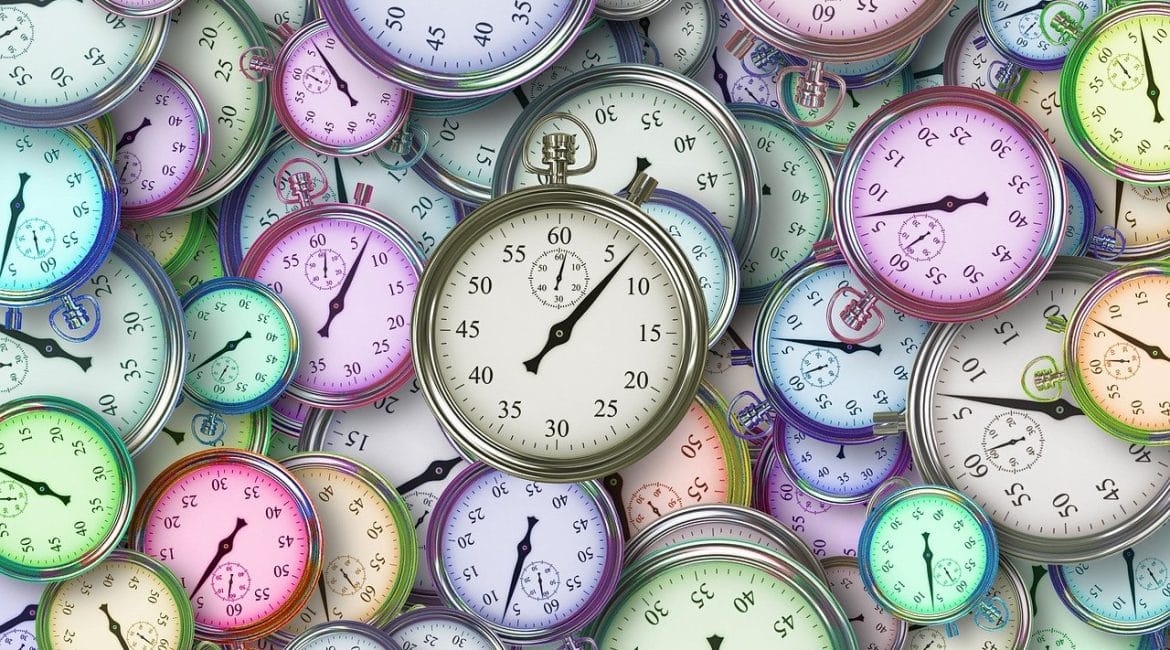Have you ever thought, “It’s Sunday again? How did that happen so fast?” If so, you’re not alone.
Many of us feel as though time is slipping through our fingers, with days blending into a blur and weeks flying by at an alarming rate. But why does time seem to accelerate, especially as we age?
Perception of Time
Our perception of time is a complex interplay of psychology, neurology, and personal experience. Unlike the consistent ticking of a clock, our internal sense of time can stretch and contract based on various factors. One key element is how our brains encode memories. Experiences rich in detail require our brains to process more information, making time feel elongated. However, routine and repetition minimize the amount of new information our brains need to record, leading to a sense that time is speeding up because there are fewer memorable moments to mark its passage.
The “Holiday Paradox”
This phenomenon is often referred to as the “holiday paradox.” When you’re on vacation, experiencing new sights and activities, time seems to crawl. Yet, upon reflection, the holiday feels like it flew by because your brain was busy processing all those new experiences. Conversely, your typical workweek may feel monotonous and fast because days are filled with familiar routines, leaving fewer distinctive memories that would otherwise help to “slow down” time.
Age and Time Perception
Another factor in the swift passage of time is age. For a child, a year represents a significant portion of their life, making it feel lengthy. For an adult, one year is a much smaller fraction of their total life experience, contributing to the sensation that time is speeding up with each passing year.
Psychologists also suggest that the anticipation and novelty associated with events in childhood and adolescence contribute to a slower perception of time. As adults, fewer “firsts” and more responsibilities can lead to a routine that blurs together, accelerating our sense of time.
Technology and Busy Lifestyles
Technology plays a role in our warped perception of time as well. The constant barrage of information, social media notifications, and the pressure to multitask can leave us feeling overwhelmed and distracted. This constant state of busyness makes it difficult to be present and fully engage with the moment, further contributing to the sensation that time is racing by.
Slowing Down Time
So, how can we slow down time in a world that seems to be moving faster every day? The key lies in mindfulness and seeking out new experiences. By being present and fully immersing ourselves in the moment, we can enhance our perception of time. Engaging in new activities, learning new skills, and breaking the monotony of daily routines can create more memorable moments, helping to stretch our perception of time.
Additionally, practices such as meditation and mindfulness can help us become more aware of the present moment, counteracting the rush of daily life. By focusing on the here and now, we can appreciate the richness of each moment, slowing down our internal clocks.
While we can’t control the relentless march of time, we can influence our perception of it. By embracing new experiences, practicing mindfulness, and cherishing the moment, we can counteract the feeling that life is hurtling by at breakneck speed. Remember, it’s not about how much time we have, but how we choose to experience it. Let’s make every moment count, finding joy and wonder in the ordinary, and perhaps, just perhaps, we can slow down time, even if just a little.

